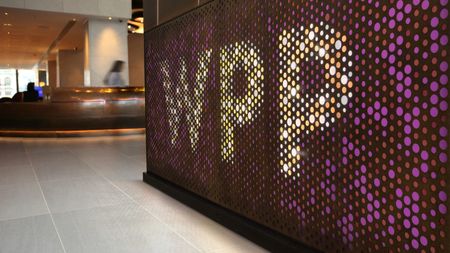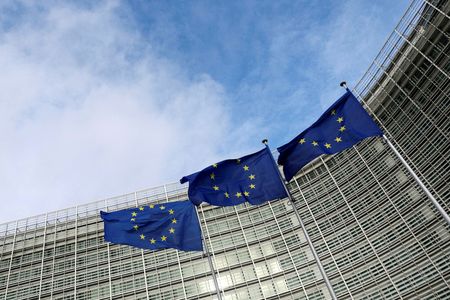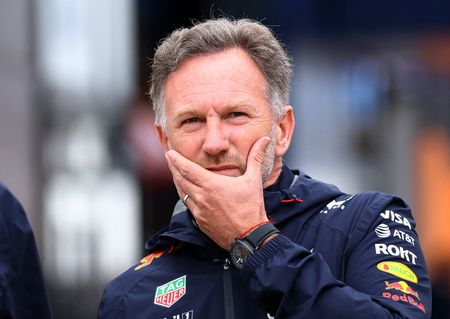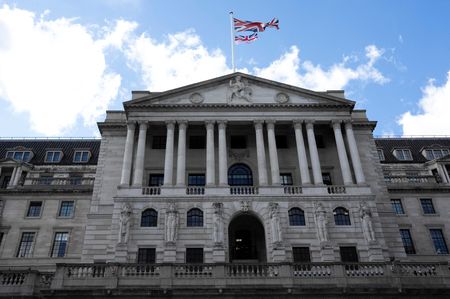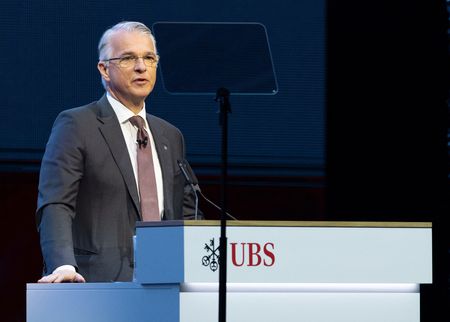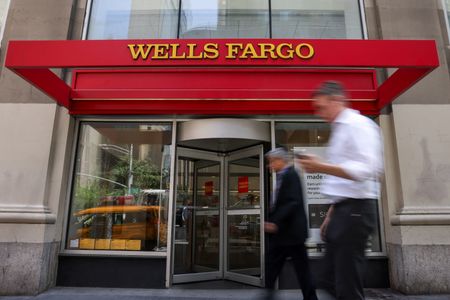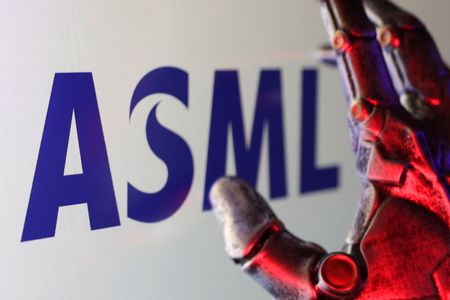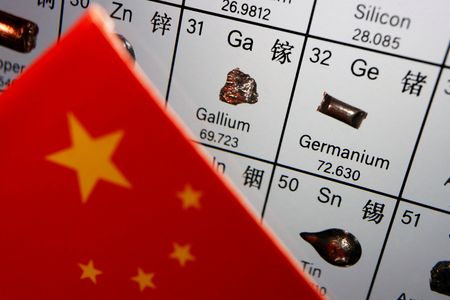By Paul Sandle and Sarah Young
LONDON (Reuters) -British ad group WPP slashed its profit guidance after some big clients left, others cut spending and new business dried up in June, putting it further behind Publicis in an industry navigating the impacts of AI and economic uncertainty.
The downgrade from the world’s second-largest advertising group, whose agencies Ogilvy, VML and WPP Media operate in more than 100 countries, sent its shares down 16% to 444 pence, a 16-year low, at 1230 GMT.
Shares in France’s Publicis, which has overtaken WPP as the global leader, were down 2%.
WPP Chief Executive Mark Read, who will step down before the end of the year, said clients had become more cautious, both about the economy and their own prospects.
“Partially it’s WPP, in the sense that our new business performance and the timing and phasing of new business didn’t help us,” he told Reuters in an interview. “And partially it’s more macro uncertainty in the broader economy.”
He said there were fewer opportunities with pitches at media buying agency WPP Media, previously GroupM, running at a third of the level of last year.
The group relaunched GroupM as WPP Media in May, aiming to streamline operations, bring teams from different agencies together and put AI at the centre of its offering.
“The implementation of the new strategy for WPP Media is going well, but we’re clearly not yet seeing that translate into better business performance,” Read told analysts, adding that the change had come with “some distraction to the business.”
CLIENT LOSSES
WPP lost Mars Inc to Publicis last month. Coca-Cola has moved its North American media buying business to the French company. And WPP has also lost Paramount.
“What happened in June to cause such a severe profit warning?” WPP founder, former CEO and shareholder Martin Sorrell said to Reuters.
“The company now has a lame duck CEO and no replacement as of yet … Perhaps (chairman) Philip Jansen should assume the CEO position, at least temporarily, until a replacement is found,” he added.
Analysts at JP Morgan in a note following the outlook cut pointed to the risks of deeper restructuring once a new CEO is appointed and the potential for more client losses in the second half.
They kept a “neutral” rating for WPP, however, saying the company could be vulnerable to a possible takeover.
WPP now expects full-year net sales, which it calls organic revenue less pass-through costs, to fall by 3% to 5%, with an operating margin decline of 50 to 175 basis points.
It had previously expected net sales to be flat to down 2%, with a flat headline operating profit margin.
Read said in June he would leave at the end of 2025 following a seven-year stint in which WPP’s share price halved.
(Reporting by Paul Sandle and Sarah Young; Editing by Mark Potter and Joe Bavier)

